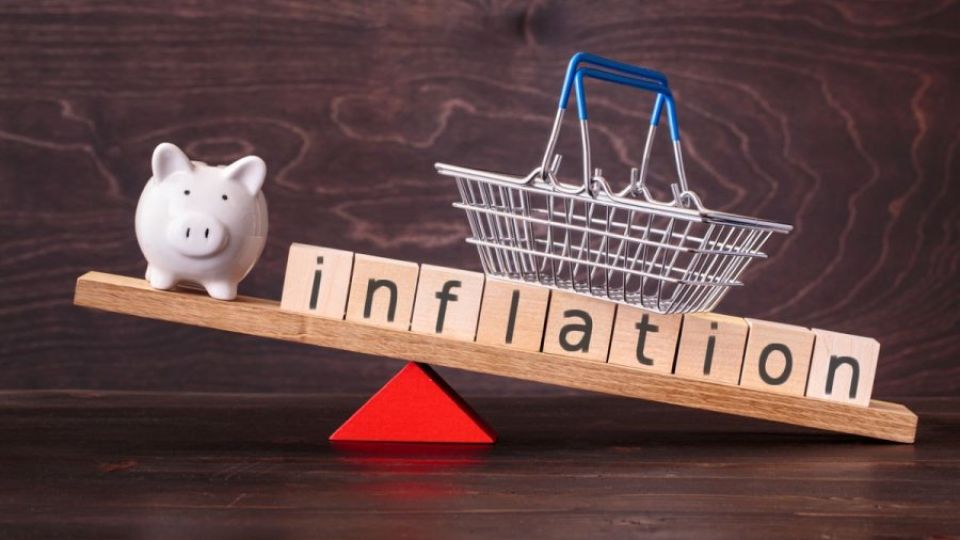February 14, 2023
NEW DELHI – Retail inflation in India again breached RBI’s upper tolerance band in the month of January 2023, with the Consumer Price Index pegged at 6.52 per cent, government data released on Monday showed.
The retail inflation in rural and urban India was 6.85 per cent and 6.00 per cent, respectively. Among groups, cereals and products, eggs, spices, among others, contributed to the elevation in retail inflation in January. India’s retail inflation, based on Consumer Price Index, during the month of December was at 5.72 per cent, versus 5.88 per cent in November and 6.77 per cent during October.
India’s retail inflation was above RBI’s six per cent target for three consecutive quarters and had managed to fall back to the RBI’s comfort zone only in November 2022.
Since May last year, the RBI has increased the short-term lending rate by 250 basis points, including the latest 25 bps hike, to tame inflation. Raising repo rate helps in cooling demand in the economy and thus helps in managing inflation.
Under the flexible inflation targeting framework, the RBI is deemed to have failed in managing price rises if the CPI-based inflation is outside the 2-6 per cent range for three quarters in a row.
Meanwhile, average retail inflation in India is projected to be at 5.3 during the next financial year 2023-24, the Reserve Bank of India governor Shaktikanta Das said last Wednesday while announcing monetary policy outcomes.
The projection, he had said, was based on the assumption of a normal monsoon.
The average inflation in Q1 2023-24 is expected at 5.0 per cent, Q2 at 5.4 per cent, Q3 at 5.4 per cent, and Q4 at 5.6 per cent, respectively.
For the current financial year 2022-23 ending March, inflation was projected at 6.5 per cent, with an average of 5.7 per cent in the January-March 2023 quarter.


